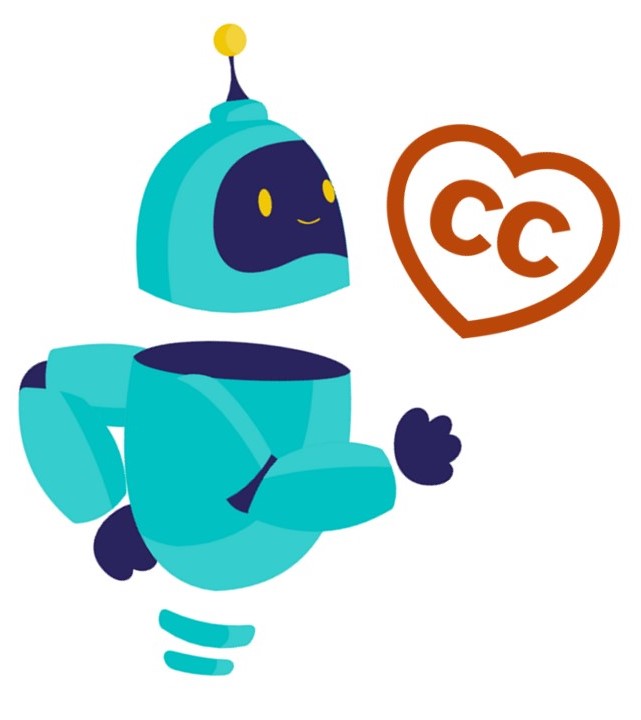
Licenses applied on data and metada describe what can be legally done with data and how it can be reused. Importantly, the absence of an explicit license may prevent others from reusing data, even if the data is intended to be open access; therefore, you should always use standard and well-known licenses, such as the Creative Commons: six licenses created by the mixing of four terms that have been developed with awareness of international law and that
place minimal restrictions on reuse.
When applying a license to your data, bear in mind that not all licenses are suitable for research data:
- Non-commercial (CC BY-NC-ND; CC BY-NC-SA; CC BY-NC) should be avoided as it is not Open Access compliant
- Non-derivative (CC BY-NC-ND; CC BY-NC) should be avoided because preventing modification is not suitable for research data (here is an interesting debate about it)
- Share Alike (CC BY-SA) can be used as it guaratees the openess of data, but it can imply some kind of restriction
- Attribution (CC BY) is probably the best choice for your data, since it ensures that researchers reusing your dat must cite the author of the source, preserving its openess. Importantly, when you are submitting a paper to a scientific journal pay attention in attaching a data statement where you are indicating where data related to that publication is preserved and how - and with what license - it can be accessed.
- Public Domain (CC) is the most open license and implies that no restrictions are placed on the reuse of the data: nevertheless, it may be possible that when other researchers reuse your data they do not cite you as its author (since they are not obliged to). Importantly, when you are reusing third-party data make sure to always give credit to the author of the data adopting a scientifically correct behaviour.
Find out here what is the license that best suits you data and here how to license your research data.
Importantly, if you are depositing your data on Dataverse UNIMI, check here its license management!
